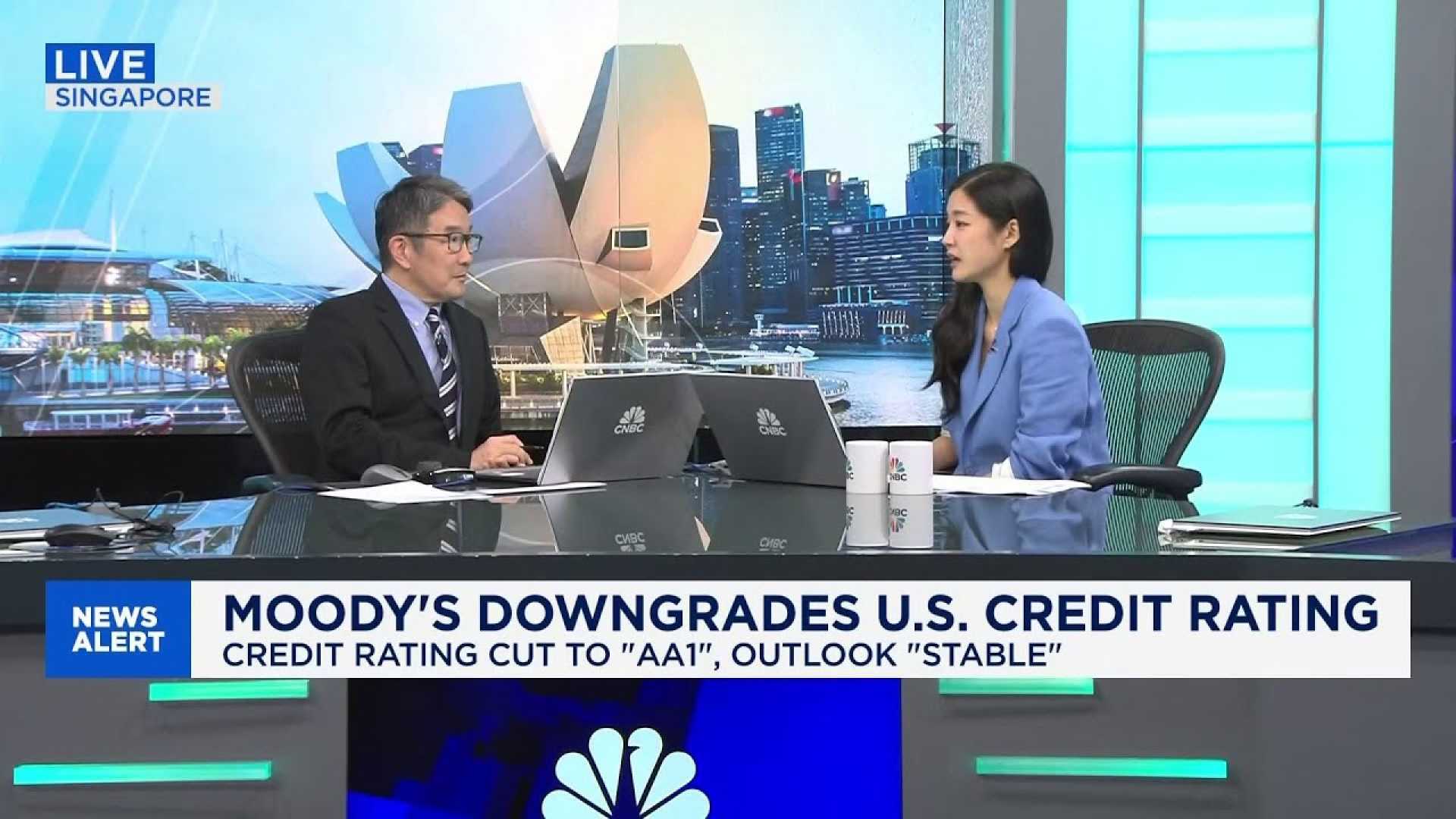Business
Moody’s Downgrades U.S. Credit Rating Amid Debt Concerns

NEW YORK, NY — Moody's Investors Service has downgraded the U.S. credit rating from Aaa to Aa1, signaling growing concerns over the nation’s rising debt. This decision, announced on Friday, May 16, 2025, marks the first time in history that the U.S. does not hold the top rating from any of the three major credit agencies.
Moody’s stated that while the U.S. has substantial economic strengths, these factors no longer offset declining fiscal metrics. The agency predicts federal deficits will increase to 9 percent of GDP by 2035, compared to 6.4 percent last year. Federal interest payments are expected to rise significantly, consuming around 30 percent of revenue by 2035, up from 18 percent in 2024.
In a statement, Moody’s remarked, “This downgrade reflects the increase over more than a decade in government debt and interest rate payment ratios to levels that are significantly higher than similarly rated sovereigns.” The immediate impact of this downgrade was felt in financial markets, with the yield on 30-year Treasury bonds rising to 5.03 percent and the dollar decreasing by 0.7 percent against a basket of currencies.
Billionaire hedge fund founder Ray Dalio expressed alarm over the situation on social media, stating, “For those who care about the value of their money, the risks for U.S. government debt are greater than the rating agencies are conveying.”
The head of JPMorgan Chase, Jamie Dimon, commented during an investor meeting, noting that financial markets are not fully acknowledging the risks of a potential economic downturn. He said, “Credit today is a bad risk.”
Concerns also come from foreign investors who, according to Phillip Swagel, head of the Congressional Budget Office, may reconsider their willingness to invest in U.S. assets due to current fiscal policies. He remarked that the sentiment at recent International Monetary Fund meetings was “the most negative I can remember.”
Comments from financial analysts emphasized the need for reforms in U.S. fiscal policy to ensure that it maintains its status as a risk-free asset globally. Yesha Yadav, a law professor, described the downgrade as a “reality check” that should prompt policymakers to prioritize necessary reforms.
As the U.S. navigates a complex financial scenario, the implications of this downgrade underscore the critical challenges facing the government’s fiscal policies and the future of its economic standing.












